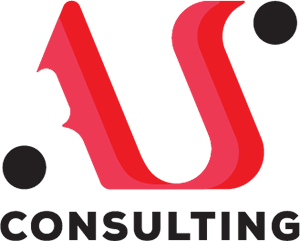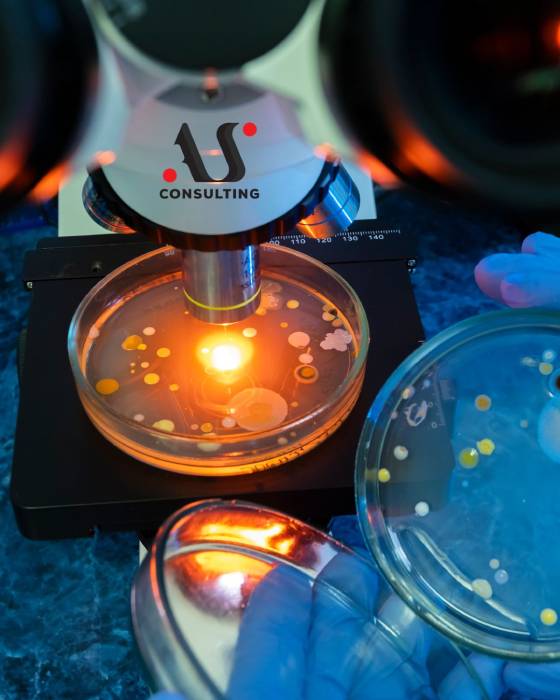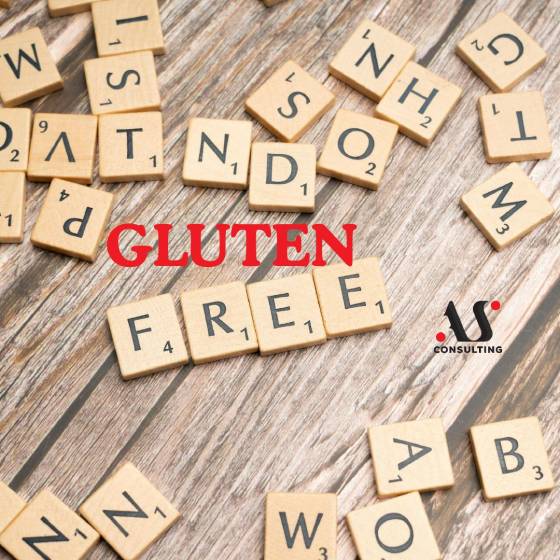
HOW TO INTERPRET FOOD STANDARD REQUIREMENTS
May 9, 2024
CUSTOMERS AUDITS
July 21, 2024Since their development, standards owned by retail chains have significantly changed the management systems of their suppliers. It must be acknowledged that with the help of these standards, numerous important changes have been introduced in management systems, benefiting manufacturers, retail chains, and consumers. The safety and quality of products have been elevated to higher levels.
When it comes to the family of standards from the IFS Management GmbH organization, people mostly talk about the IFS Food Standard (you can read about the current version at: https://asconsulting.rs/ifs-food-standard-verzija-8/) or the IFS Logistic Standard (you can read about the current version at: https://asconsulting.rs/transport-i-skladistenje-ifs-logistic-standard-verzija-3/).
However, there is increasing interest and demand from retail chains for the implementation of the IFS HPC Standard. So, let’s get to know this standard a bit better.

What does the IFS HPC Standard cover?
The IFS HPC Standard covers the quality and safety management system for personal care and household products. It applies to both private label products and manufacturer brands.
Types of products to which this standard applies:
- Cosmetic products (e.g., makeup, shampoos, creams, lotions…)
- Household chemical products (detergents, fabric softeners, cleaning agents, air fresheners…)
- Daily use household products (hygienic gloves, baking paper, aluminum foil…)
- Personal hygiene products, including Class I medical devices (tampons, diapers, shower sponges…).
Structure of the IFS HPC Standard
According to the IFS definition, the IFS HPC is “a standard for auditing companies that produce household and personal care products or companies that package loose household and personal care products. IFS HPC can be used only when the product is ‘processed’ or when there is a risk of product contamination during primary packaging.”
The structure follows that of other IFS standards:
- Management and commitment of senior management
- Product safety and quality management system
- Resource management
- Operational processes
- Measurements, analyses, and improvements
Therefore, through the management and commitment of senior management, the company is required to establish corporate policies and objectives, define responsibilities and authorities, as well as the organizational structure, and conduct management reviews and on-site inspections. An important requirement pertains to the culture of product safety, which is directly influenced by senior management and must be implemented through this chapter.
The product safety and quality management system brings requirements for document and record management, as well as the implementation of hazard analysis:
- Formation of a hazard analysis team
- Product description
- Identification of intended and expected use
- Construction of flow diagrams
- On-site verification of flow diagrams
- Conducting hazard analysis
- Determination of critical control points and other control measures
- Establishment of validated critical limits for each critical control point
- Establishment of corrective actions
- Establishment of verification procedures
Resource management relates to employees, defining responsibilities and authorities, establishing, implementing, and verifying the effectiveness of personal hygiene requirements, as well as employee training and requirements for employee facilities.
Operational processes, the most complex chapter, bring requirements related to:
- Customer focus
- Specifications and formulations
- Finished product specifications
- Legal requirements and product development
- Procurement
- Site, water, and air requirements
- Cleaning and disinfection
- Waste management
- Foreign material control
- Pest control
- Goods receipt and storage
- Transport
- Maintenance and equipment
- Traceability
- Allergen management
- Product defense
Measurements, analyses, and improvements pertain to internal audits, site inspections, process validation, implementation of analyses, calibration of measuring equipment, measurement control, complaints, non-conformities, corrective actions, and product recalls.
Does this remind you of the food standard? 😊
Yes, but it is quite different considering the types of products it covers.
So how do you implement it?
Easily 😊
Contact our Agency for assistance!!!!




